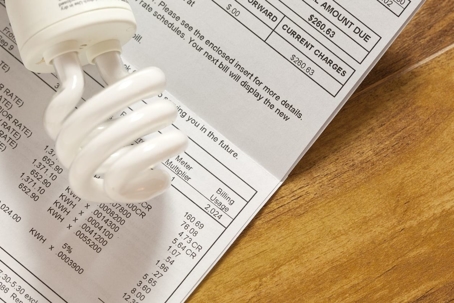Do you have a really high energy bill? Have you been asking your friends and family how much they pay on their energy bill every month only to find out that you’re paying way too much? If your answer is “yes” to either of these questions, you could be wasting electricity without even realizing it.
Did you know that you could be spending money on electricity when your electronics are turned off? That’s right. You could be turning off the TV and other electronics, but if they’re in “standby mode” they could be sucking energy, which leads to excessive energy bills.
Beware of Standby Mode
When electronics are in standby mode, they don’t completely shut off, which means they’re using electricity and costing you money. In standby mode, they do all kinds of things like run updates, record people’s favorite TV shows, and basically, wait for people to use them again. Some call it standby power, while electricians like to call it phantom load. The energy that is lost during standby mode is often called leaking or “vampire energy.”
“This probably won’t work for your cable box or wireless router, but if you have an extra TV or some other electronic device or appliance you don’t switch on often, you should consider unplugging it completely until the next time you actually use it,” according to energy.gov. Another solution is a power strip.
“Power strips let you toggle the power flow on and off. This means you can control the power usage of clusters of devices so that they’re not consuming electricity when you’re not at home,” says the U.S. Department of Energy.
Lastly, the Department of Energy recommends setting your computers to sleep mode or shutting off video game consoles instead of leaving them paused for long periods of time – following these tips will lead to even more savings.
To learn more about killing vampire waste in your home, contact Lightning Bug Electric to meet with one of our professional Atlanta electrical contractors!

